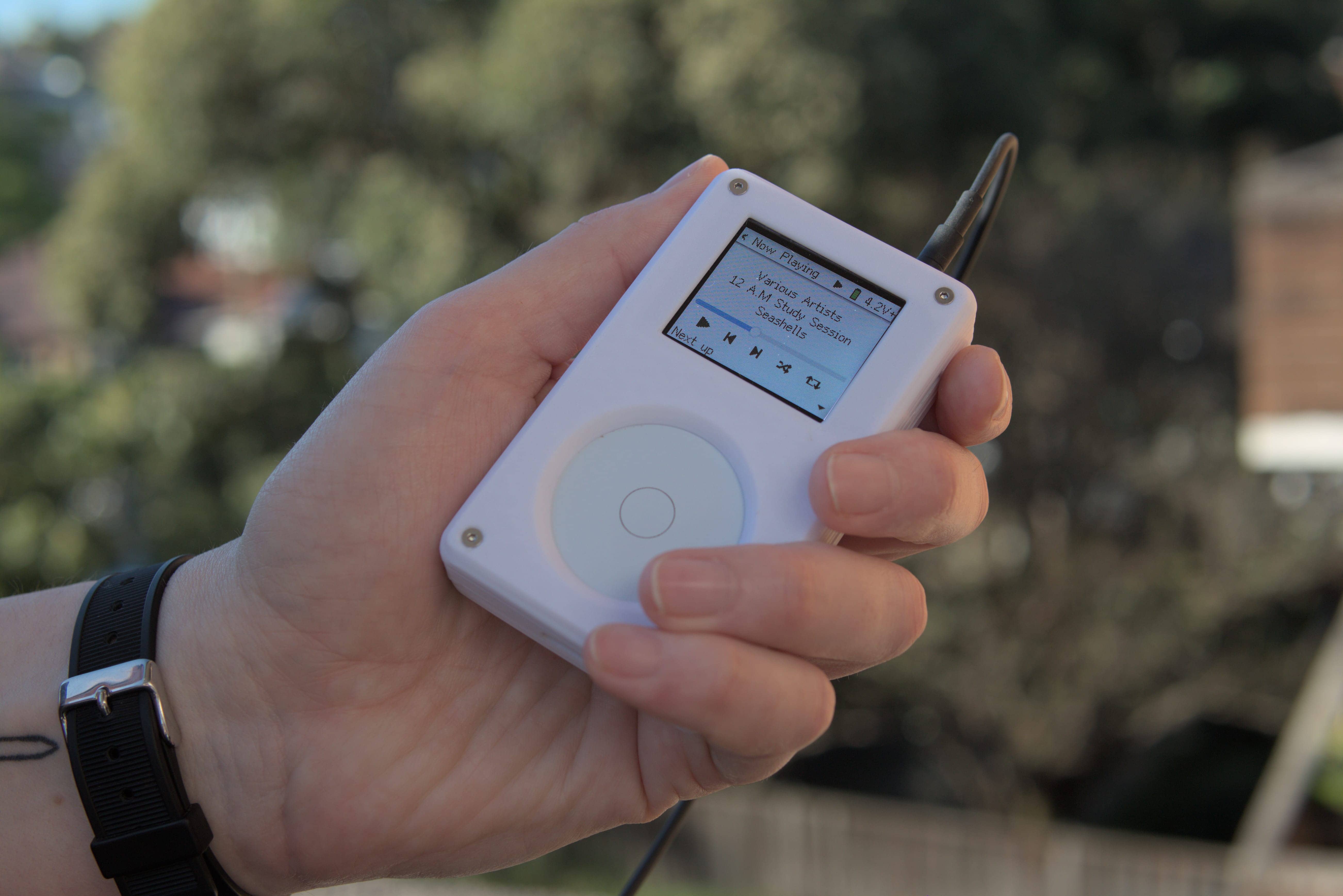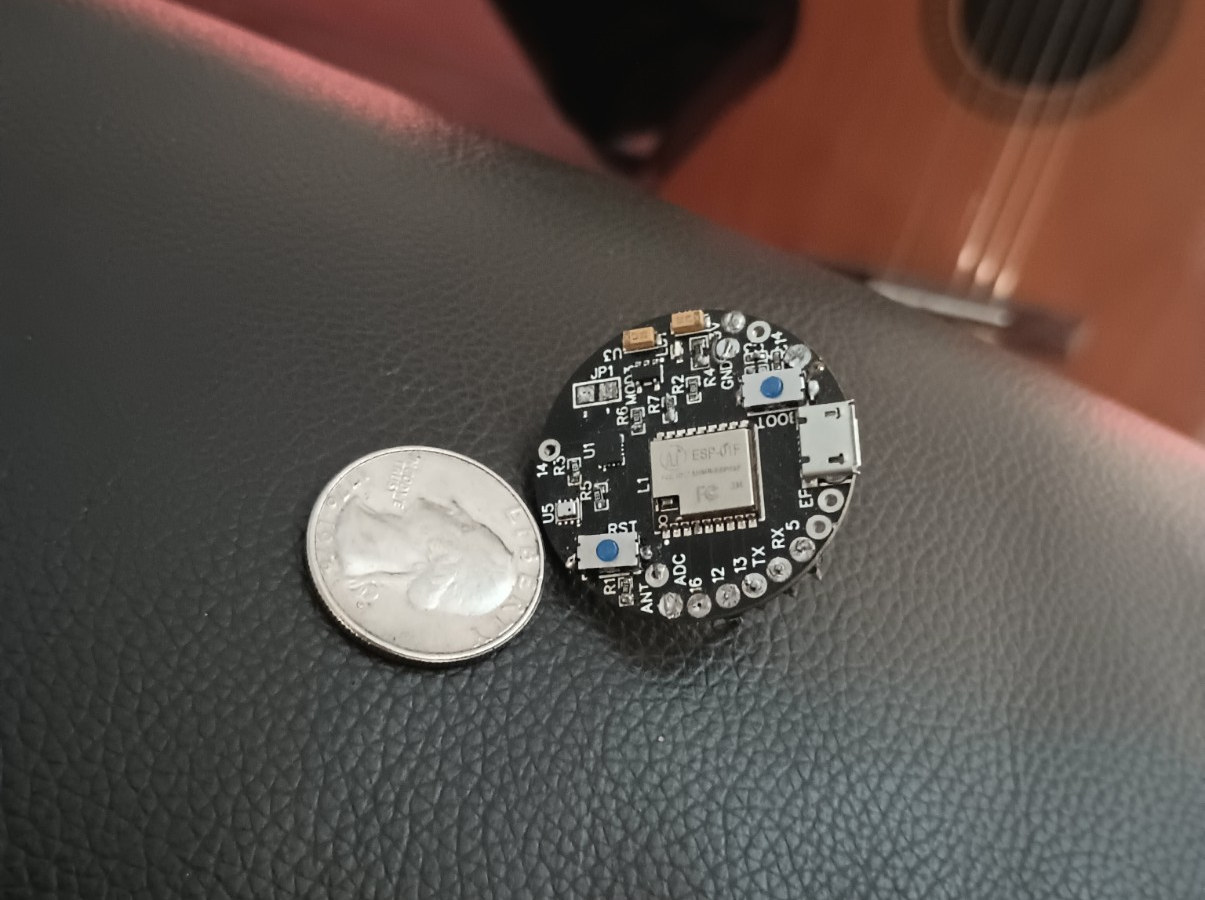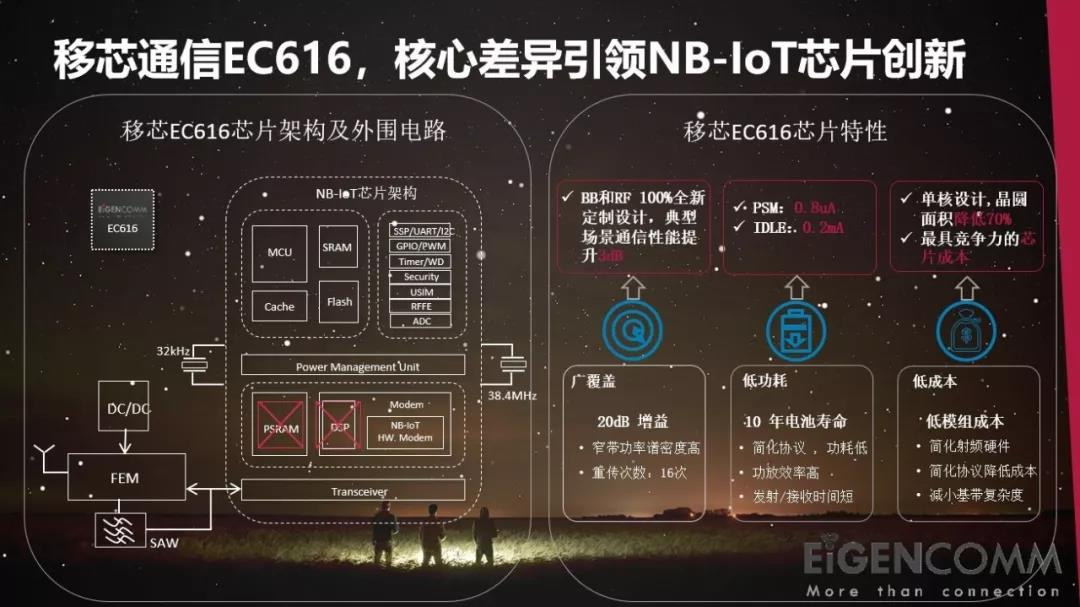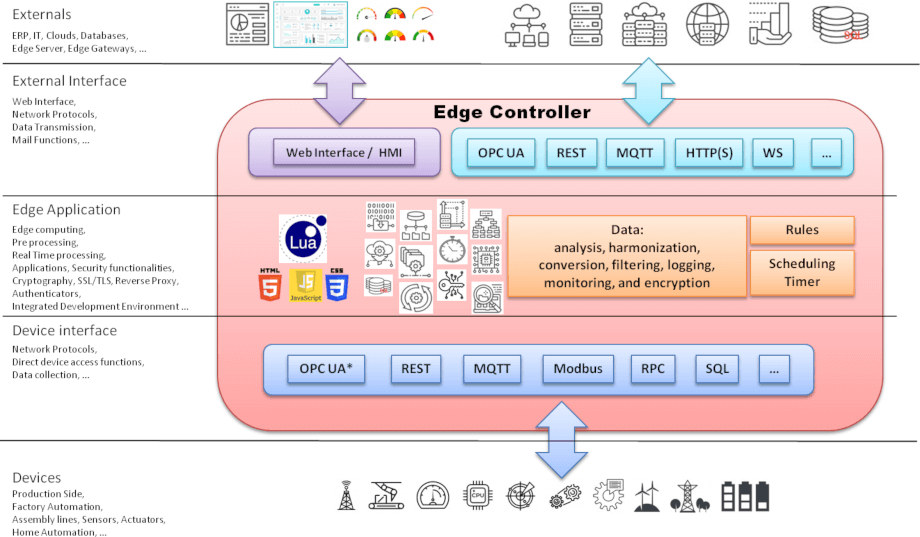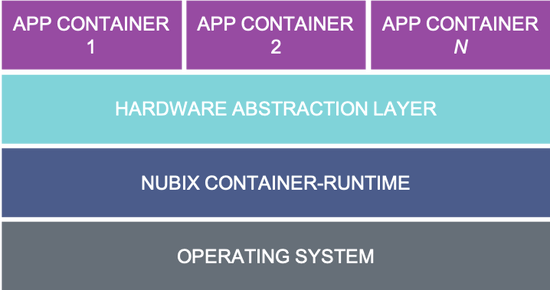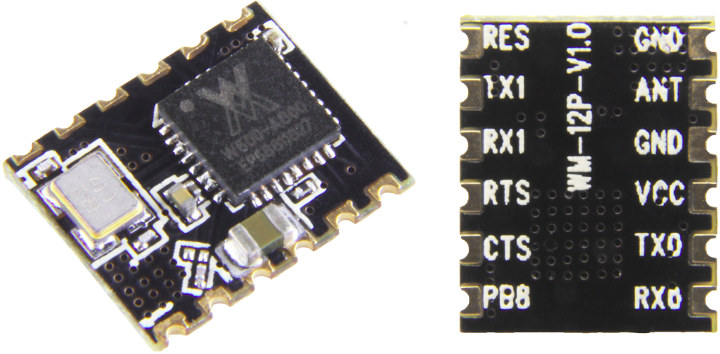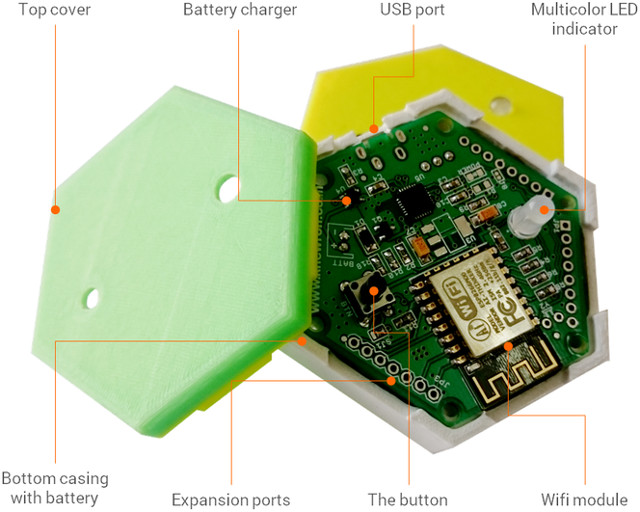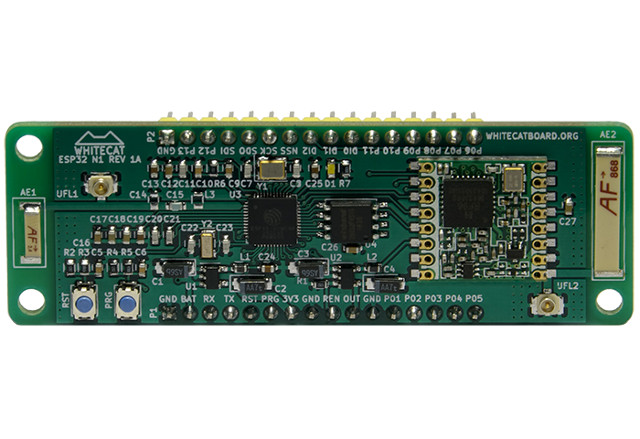Tangara is a portable music player that is out to make MP3 players cool again. With an iPod-inspired design and an ESP32 module at its core, Tangara presents an open-source and nostalgic way to listen to your favorite music and podcasts. The ESP32-WROVER-E at the core of the music player is the main microcontroller but it also features a co-processor, a Microchip SAMD21, which is responsible for USB communication and power management. We have covered the ESP32-WROVER-KIT, a development kit for the ESP32-WROVER and ESP-WROOM-32 line of modules with a JTAG interface and an LCD. The Tangara music player can output audio through a 3.5mm headphone jack or Bluetooth, although Bluetooth is currently limited to the default SBC codec. Tangara is the brainchild of Australian tech company Cool Tech Zone and is aimed at the portable media player community at large. This is reflected in many of the design choices […]
ButtonBoard is a 3cm round WiFi IoT board with BME280 and IMU sensors (Crowdfunding)
ButtonBoard is a tiny round-shaped board based on the ESP-01F WiFi IoT module (ESP8285), equipped with a BME280 air pressure, humidity, and temperature sensor, an IMU sensor, and designed for wearables electronics projects. ButtonBoard specifications: Wireless module – ESP-01F module with ESP8285 Tensilica L106 microcontroller @ 80/160 MHz with 2.4GHz WiFi connectivity, PCB antenna; package: 11 x 10 mm USB – Micro USB port Sensors Bosch Sensortec BME280 pressure, temperature, and humidity sensor, and altimeter. IMU sensor Expansion – Through holes for up to 10x GPIOs, I2C, SPI, USART Misc – Reset button Power Supply – 5V via micro USB port; onboard power management Dimensions – About 3cm diameter The ButtonBoard can be programmed with the Arduino IDE via USB or WiFi, MicroPython, Lua, and Scratch, and they also mention support for ChatGPT through the current API, but I could not find any code samples at this time. They do […]
Eigencomm EC616/EC616S SoC supports Cat-NB2 cellular IoT
Eigencomm EC616/EC616S are Cortex-M3 microcontrollers supporting the 3GPP R13/R14 NB-IoT standard, with 3GPP R14 notably introducing the newer LTE Cat-NB2 standard allowing higher bitrates up to 127 kbps downlink, and up to 159 kbps uplink, and OTDOA and E-CID positioning methods. Both EC616 and EC616S are virtually identical, but the EC616S comes with fewer GPIOs and is designed for the lowest possible BoM cost for modules as small as 10×10 mm. Both target similar IoT applications such as wireless meter reading, smoke detection, smart street lights, smart logistics, asset tracking, smart fire monitoring, smart parking, smart home, wearable devices, industry 4.0, smart agriculture, and others. Eigencomm EC616/EC616S specifications: MCU core – Arm Cortex-M3 @ up to 204 MHz Frequency band – 663 MHz to 2200 MHz Protocol version – 3GPP R13/R14 Built-in PA output power – 23dBm Receiver sensitivity – EC616: -118 dBm, EC616S: -117 dBm Peripherals EC616 – 2x […]
Barracuda App Server for ESP32 Let You Easily Develop Lua Apps via Your Web Browser
We covered Real Time Logic’s open-source lightweight Minnow Server for microcontrollers last year, and now the company has released another project: Barracuda App Server for ESP32. This project is more complex and requires an ESP32 board with PSRAM to run such as boards based on ESP32-WROVER module with 4 to 8MB PSRAM. The Barracuda App server (BAS) comes with a Lua VM, and in complement with the LSP App Manager that facilitates active development on the ESP32 by providing a web interface. The Barracuda App Server runs on top of FreeRTOS real-time operating system part of Espressif free ESP-IDF development environment. The company provides instructions to build BAS from source, as well as the LSP (Lua Server Pages ) App Manager that links to the binary-only BAS library. The Linux version of the ESP-IDF is recommended, so in Windows, you should install the “Windows Subsystem for Linux” first. The source […]
Nubix Edge-native Tiny Containers for IoT Apps Released For Raspberry Pi and BeagleBone SBCs
Nubix has just launched the developer edition of its edge-native tiny containers for IoT application development and analytics that target microcontrollers and single-board computers such as Raspberry Pi 3/4 and BeagleBone Black. Typical cloud solutions such as Docker are often too large with tiny IoT devices, and to solve these issues, Nubix tiny containers are sized in kilobytes, instead of megabytes, or about 100 times smaller than a Docker container, in order to be small enough to run at the edge. Nubix.io provides access to a library of sensors, analytics and tiny services that leverage open source languages and pre-packaged functions to easily create IoT applications in a few minutes. Analytics is commonly done in the cloud, which may cause issues in environments with limited or intermittent connectivity, so to solve this issue, Nubix provides analytics functionality directly on the IoT device, eliminating the latency, bandwidth, connectivity and cost constraints […]
Air602 is another $2 WiFi IoT Module, Based on Winner Micro W600 Arm SoC
WiFi used to be fairly expensive to add to MCU projects with spending $30 to $40 just for a WiFi module pretty common just less than 5 years ago, but this all changed thanks to Tensilica based Espressif ESP8266 modules selling for $5 in 2014, and an active community gathering behind the WiSoC, and related modules and development board. ESP8266 modules are now available for under $2, and around two years ago it looked like we would have another option based on Arm Cortex-M3 with RTL8710 modules such as Pine64’s PADI IoT stamp also selling for about $2 in single quantities. However, most people did not really the benefit of switching to another platform based on Arm for this type of applications, and the products never really took off, many went away, and PADI IoT stamp appears to be one of the few survivors. Yet another $2 WiFi IoT module […]
1btn is a Battery Powered Open Source ESP8266 WiFi Button
If you have some WiFi power switch like Sonoff TH16 at home, you’d normally control them using a mobile app or a web interface. This is all good, but getting your phone, unlocking it, and launching the app to turn on or off an appliance is not the most efficient way to operate, and in some cases, some people in the household may not know how to use a smartphone. Physical WiFi buttons are the solution, but there aren’t so many for sale. We’ve seen previously it was possible to hack an Amazon Dash, but it’s not really that flexible, and 1btn could potentially be a better option, as it’s open source and based on Espressif ESP8266 WiSoC. 1btn specifications: WiFi Module – ESP-12F based on Espressif ESP8266 MCU – Microchip Atmel ATmegaxx8 AVR MCU Connectivity – 802.11 b/g/b WiFi up to ~50 meter range USB – 1x USB port […]
Whitecat ESP32 N1 Board Combines ESP32 WiFi + Bluetooth SoC with a LoRa Transceiver, Runs Lua RTOS
Espressif ESP32 SoC is gaining traction right now as prices have come down, and there’s still an on-going fight among LPWAN standards with LoRaWAN being fairly popular in Europe. Whitecat, a group of engineers from several companies based in Citilab, Barcelona, Spain, has designed a board that combines both ESP32 and a LoRA transceiver, bringing an alternative to Pycom LoPy board, but instead of running MicroPython, they have developed Lua-RTOS. Whitecat ESP32 N1 hardware specifications: SoC – Espressif ESP32 dual-core Tensilica LX6 microprocessor @ up to 240MHz with 520kB internal SRAM Storage – 4MB flash memory Connectivity LoRa WAN transceiver working in the 868 (EU) MHz / 915 (USA) MHz with on-board antenna, and u.FL connector for external antenna Integrated 802.11b/g/n WiFi transceiver with on-board antenna, and u.FL connector for external antenna Integrated dual-mode Bluetooth (classic and BLE) I/O Headers – 2x 16-pin with SPI, I2C, I2S, SDIO, UART, CAN, […]


